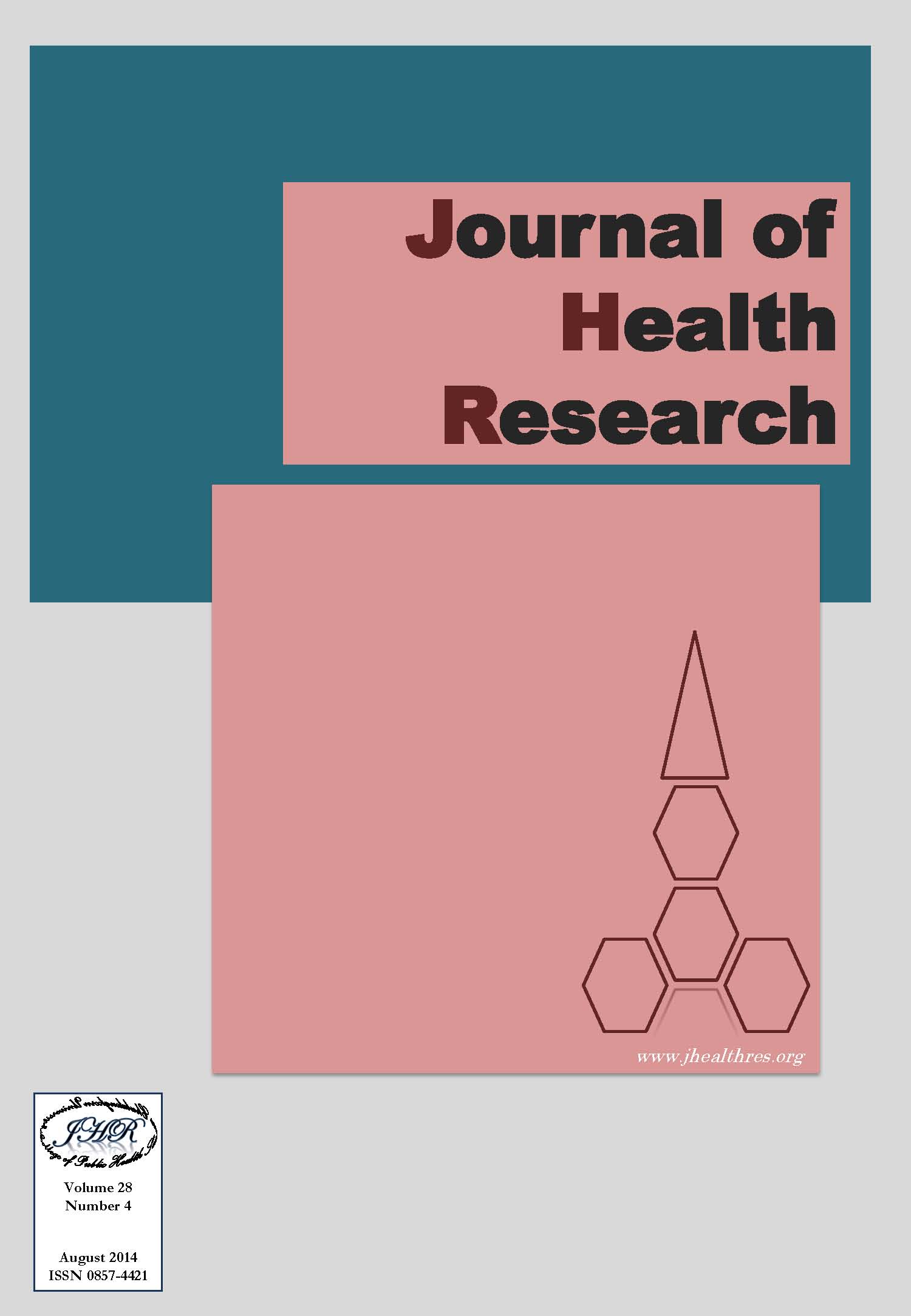Sensitivity of Acetylcholinesterase to Environmental Pollutants
Keywords:
Acetylcholinesterase (AChE), Environmental pollutants, Heavy metals, PesticidesAbstract
Acetylcholinesterase (AChE) is the human biomarker of environmental and occupational exposure to toxicants. Toxic materials are disposed or used incorrectly in developing countries, where they lead to long term exposure and high risks of unintentional health problems. In addition to poor urban planning, the establishment of settlements in industrial areas has led to generation of and exposure to more hazardous wastes as a consequence of poor disposal systems. The health problems of human are associated with environmental and occupational exposure to organophosphate and carbamate pesticides and heavy metals including lead, mercury, arsenic and cadmium. Even low level exposures of pesticides and heavy metals can be responsible for behavioral abnormalities and cognitive deficit related with acetylcholinesterase (AChE) dysfunction. AChE is the key enzyme which terminates nerve impulses by hydrolyzing neurotransmitter acetylcholine (Ach). Its activity is inhibited in a dose-dependent manner on exposure to environmental pollutants. Dysfunction of AChE activity can be attributed to cognitive dysfunction and memory loss. The aim of this study is to review and discuss the recent finding about the effects of environmental pollutants, pesticides and heavy metals exposure induced AChE dysfunction and the possible mechanisms of AChE alteration related to neurodegeneration.







